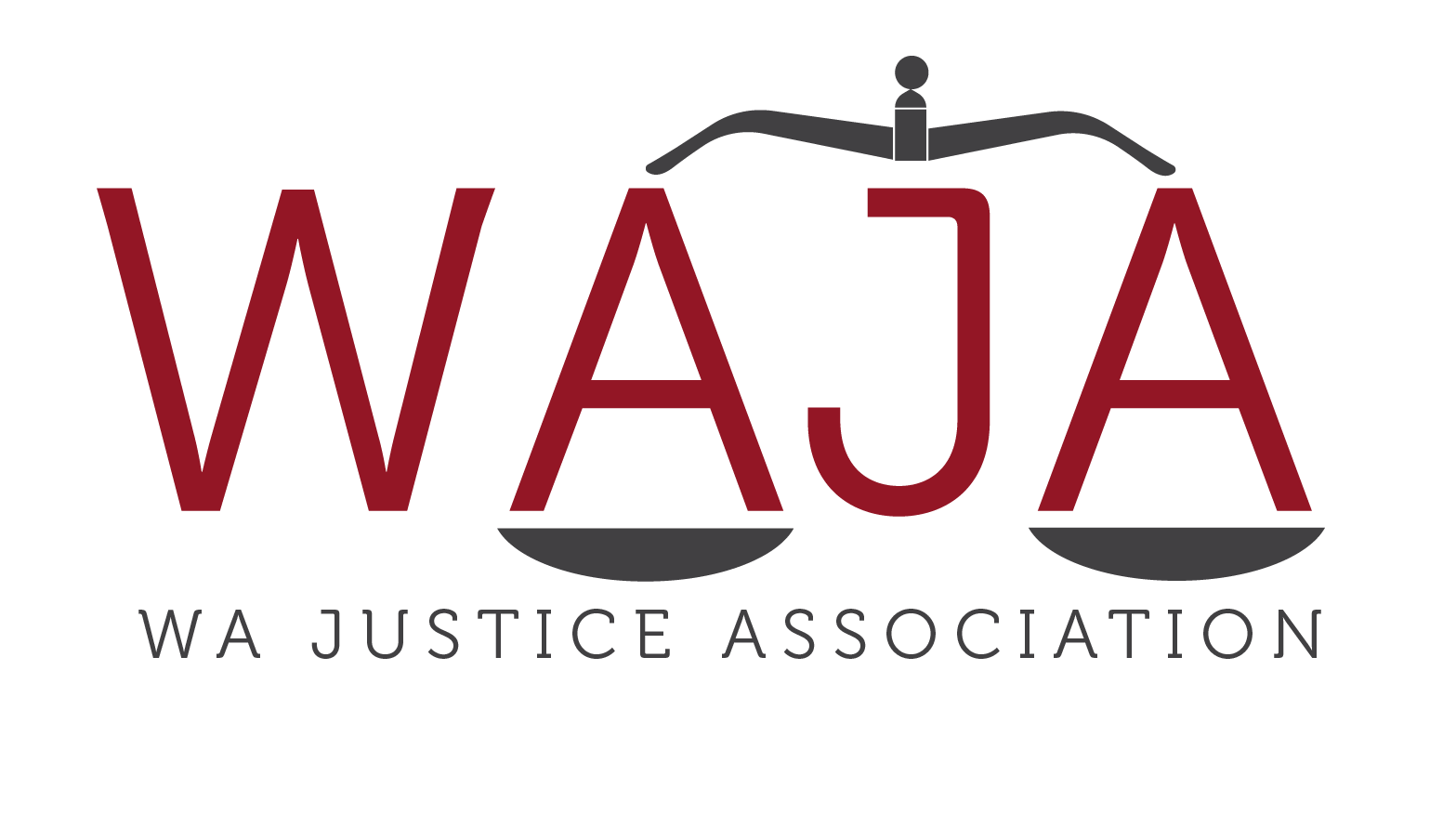Fitness to Stand Trial
Researched and drafted by WAJA’s Advocacy Team.
WHAT IS FITNESS TO STAND TRIAL?
If a person is accused of a criminal offence and suffers from a significant mental illness or impairment, they may be managed under the Criminal Law (Mentally Impaired Accused) Act 1996 (WA) (The CLMIA Act).
When a person is accused of a crime, they are presumed to be mentally ‘fit to stand trial’ until proven otherwise. A person will be found not mentally fit to stand trial if, because of a mental illness or mental impairment, they are unable to understand the nature of the charge, the effect of a plea, the purpose or proceedings of a trial, the substantial effect of evidence presented by the prosecution in a trial, or are unable to properly defend the charge.
THE EFFECT OF THE CLMIA ACT
The CLMIA Act outlines how to treat mentally impaired accused persons who are refused bail, unfit to stand trial, or found not guilty due to unsoundness of mind (the insanity defence).
If the court finds the accused is not fit to stand trial and will likely not be fit to stand trial within 6 months, the court can either:
Release the accused; or
Make a custody order (the accused person will be detained indefinitely).
WHO DOES IT APPLY TO?
The CLMIA Act can potentially apply to any person with a mental illness or mental impairment who is charged with offences. Mental illness is taken into consideration during the consideration of fitness to stand trial, however, having a mental illness or impairment does not automatically mean the CLMIA provisions apply. CLMIA will only come into play if the mental illness or impairment interferes with, and has implications for, the accused’s legal proceedings.
The act aims to assist those who lack the capacity to understand legal processes or access services that may assist them. It also considers how these individuals may experience other related issues such as substance abuse or poor education which contribute to difficulty in navigating a complex criminal justice system.
WHAT ARE THE CONSEQUENCES OF BEING UNFIT?
The CLMIA Act allows the government to indefinitely detain people who are deemed unfit to stand trial. This is an ‘out of sight, out of mind’ policy that is harmful to vulnerable people suffering from a mental illness or who are mentally impaired. In Western Australia, some mentally impaired accused are encouraged to plead guilty, even if they are innocent, to avoid indefinite detention that they may receive under the legislation.
Under the CLMIA Act, it is possible to detain someone for longer than they would have spent in prison if they were found guilty.
WAJA’S PROJECT
In Semester 1, 2022, WAJA completed a project investigating WA’s Fitness to Stand Trial mechanism in conjunction with the WA Association for Mental Health and Magistrate Felicity Zempilas. The project identified deficiencies in the current system and provided recommendations to improve the accountability and transparency of how the Act operates for an accused deemed potentially unfit to stand trial.
GET INVOLVED
WAJA will hold a panel event to discuss the Fitness to Stand Trial test on 27 October 2022 at 5:30 pm, held in the Herbert Smith Freehills Lecture Theatre, Murdoch University. Get your tickets and invite your friends!
REFERENCES
Luke Cassidy, ‘Mentally Impaired Accused’, AustLII Communities (Internet Materials, 2 October 2022) < https://austlii.community/foswiki/WALawHbk/MentallyImpairedAccused>.
Calla Wahlquist, ‘Mentally Impaired Encouraged to Plead Guilty to Reduce Jail Time Inquiry Told’, The Guardian (online, 19 September 2016) <https://www.theguardian.com/australia-news/2016/sep/19/mentally-impaired-encouraged-to-plead-guilty-to-reduce-jail-time-inquiry-told>.


